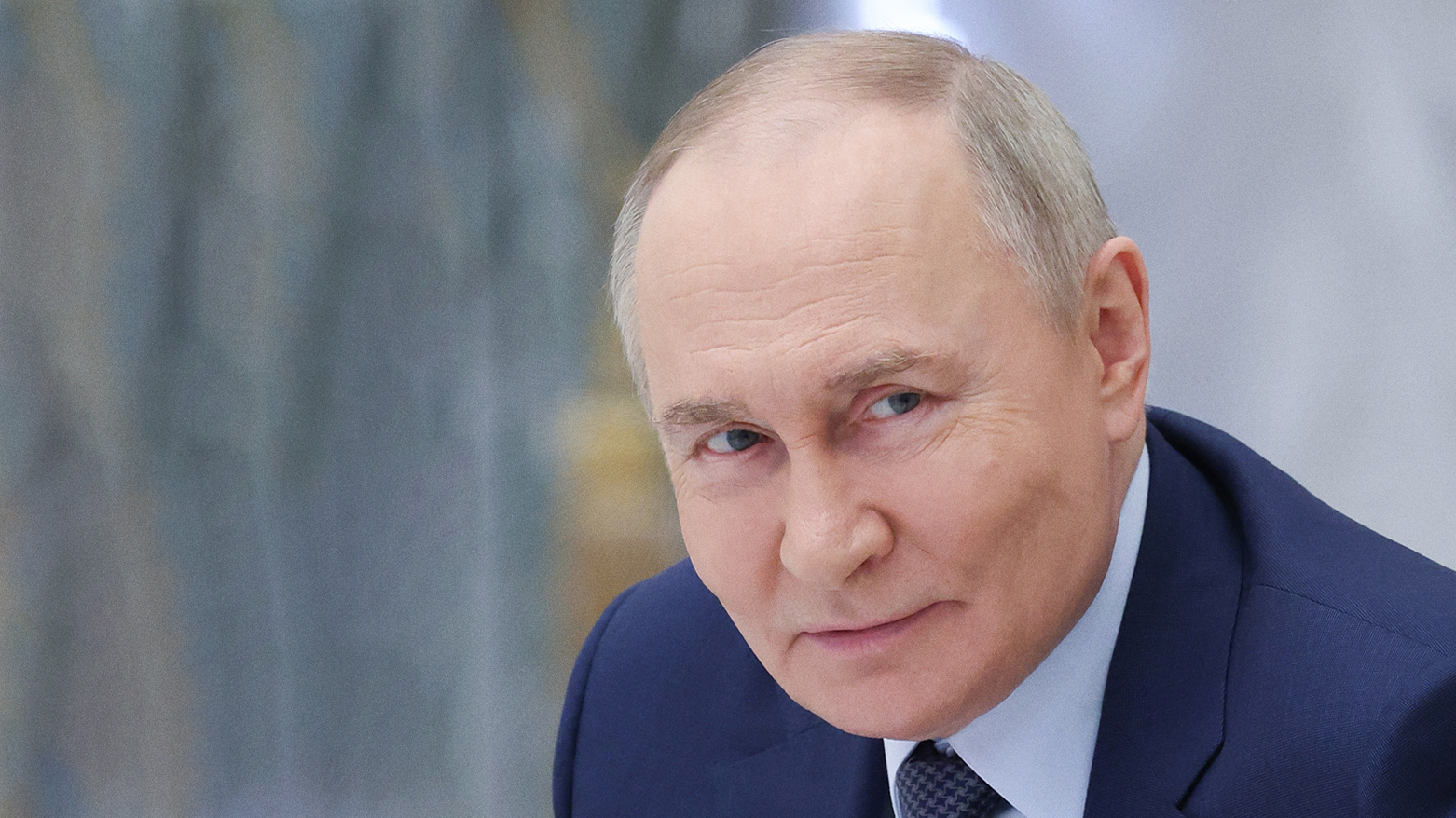Putin's Peace Terms: No NATO Expansion, Sanctions Relief, and Neutral Ukraine
The report by Reuters reveals that Putin’s proposal, conveyed after a two-hour conversation with U.S. President Donald Trump last week, includes a memorandum outlining steps toward a ceasefire and peace deal.

By Kamaran Aziz
ERBIL (Kurdistan24) – Russian President Vladimir Putin is reportedly willing to end the war in Ukraine—on the condition that Western powers deliver a written pledge to halt NATO expansion eastward and lift major sanctions, according to three Russian sources familiar with the negotiations, as reported by Reuters on Wednesday.
The report reveals that Putin’s proposal, conveyed after a two-hour conversation with U.S. President Donald Trump last week, includes a memorandum outlining steps toward a ceasefire and peace deal. Russia is currently drafting its version of the memorandum, though no timeline for its completion has been confirmed.
Putin’s key demands, as cited by Reuters, include:
- A written pledge from major Western powers to stop NATO expansion, explicitly ruling out membership for Ukraine, Georgia, Moldova, and other former Soviet states.
- Ukrainian neutrality.
- Lifting of certain Western sanctions on Russia.
- Resolution over frozen Russian sovereign assets in Western jurisdictions.
- Protection of Russian-speaking populations in Ukraine.
Mounting Frustrations and Escalating Costs
While President Trump has expressed a desire to end the war—the deadliest conflict in Europe since World War II—his tone has shifted. On Tuesday, he warned that Putin was “playing with fire” by refusing ceasefire talks despite recent battlefield gains.
According to one senior Russian source, “Putin is ready to make peace but not at any price.” The same source emphasized that if peace cannot be achieved on Moscow's terms, military victories will be used to demonstrate that “peace tomorrow will be even more painful.”
Reuters notes that the Kremlin has not responded to its request for comment, but Russian officials have consistently reiterated that any peace agreement must address what they call the “root causes” of the war—primarily NATO’s post-Cold War expansion and the West’s support for Kyiv.
Ukraine, for its part, rejects the notion of granting Moscow veto power over its NATO ambitions and continues to seek binding security guarantees from the West. NATO’s “open door” policy remains unchanged despite Russian objections, though the alliance did not respond to Reuters’ inquiries.
Toughened Russian Stance on Territory
A second Russian source cited by Reuters indicated that Putin has hardened his position on territorial claims. He insists on full control over the four eastern Ukrainian regions claimed by Russia: Luhansk, Donetsk, Zaporizhzhia, and Kherson, in addition to Crimea, which was annexed in 2014.
Russia currently occupies nearly 20% of Ukrainian territory. Despite intensified Russian advances, the war has extracted heavy tolls on both sides in terms of casualties and economic strain. High inflation, labor shortages, and declining oil revenues are reportedly weighing on Russia’s wartime economy.
Trump, NATO, and Historical Tensions
Trump, who has maintained a publicly amicable stance toward Putin, has criticized past U.S. support for Ukraine’s NATO membership, calling it a key trigger for the war. He also warned of additional sanctions if Moscow stalls peace efforts, going so far as to describe Putin’s actions as “absolutely CRAZY” after a large-scale aerial assault on Ukraine last week.
Putin’s objections to NATO enlargement trace back decades. He argues that verbal assurances were given by U.S. Secretary of State James Baker to Soviet leader Mikhail Gorbachev in 1990 that NATO would not expand eastward—assurances that were never formalized.
This grievance resurfaced in 2021 when Moscow proposed a draft agreement with NATO that sought to ban further enlargement, including Ukraine’s membership bid. The proposal was rejected by Western diplomats who stated that Russia cannot dictate NATO’s decisions.
A War with Broader Implications
Since invading Ukraine in February 2022, Putin has portrayed the conflict as a historical reckoning with the West over NATO’s expansion and post-Soviet power dynamics. Western leaders, however, frame it as an imperial land grab that must be repelled.
NATO’s recent expansion—in response to Russia’s invasion—has included Finland in 2023 and Sweden in 2024. The alliance's 2022 assessment labeled Russia as the most “significant and direct threat” to Euro-Atlantic security.
European leaders warn that a Russian victory in Ukraine could embolden future aggression against NATO members, potentially leading to a broader global conflict. While Moscow dismisses such warnings as alarmist, it simultaneously asserts that the Ukraine war could spiral into a regional or even global confrontation.
As tensions escalate and positions harden, it remains unclear whether these revelations signal a genuine pursuit of peace or a prelude to prolonged hostilities. The world watches closely as the cost of war mounts—and the path to peace remains perilously uncertain.